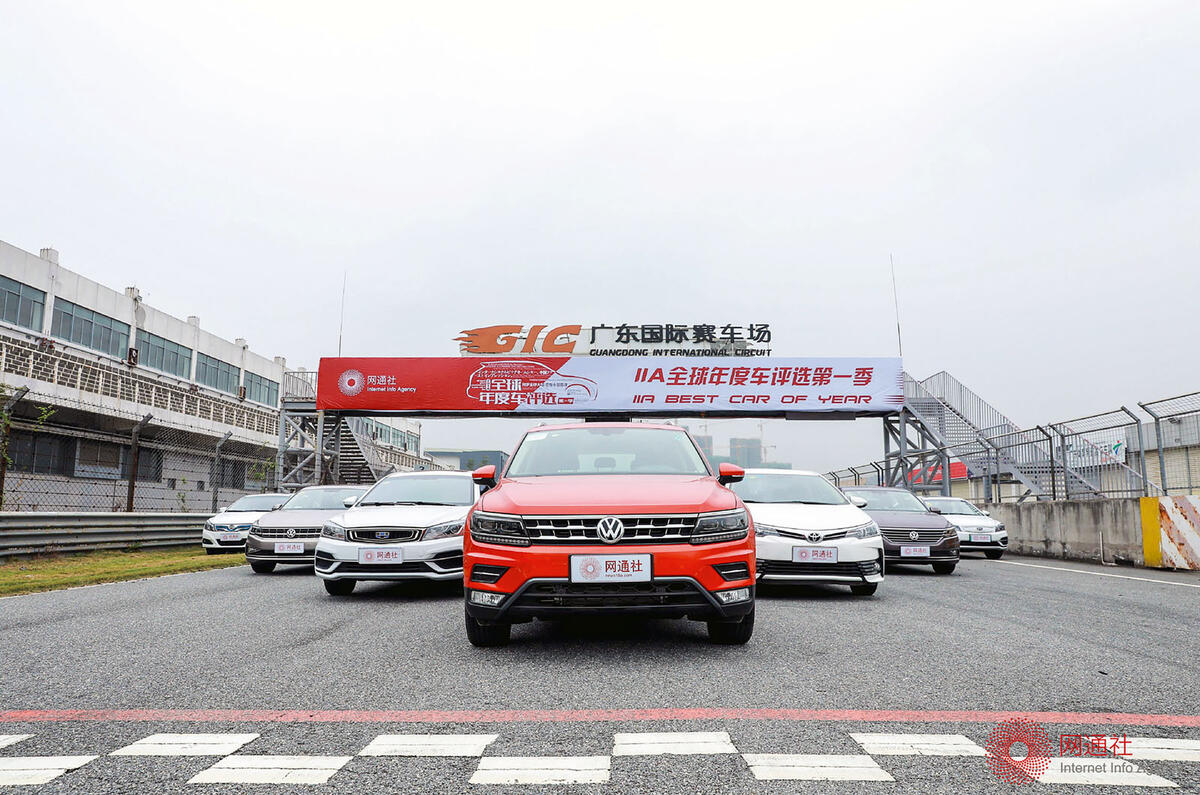China’s new car market is predicted to recover this year after five months of turmoil, sending a lifeline to a number of global car makers who rely heavily on the country for profits and have seen painful double-digit sales declines.
Throughout 2019, the world’s biggest car market is predicted to recover 3% of growth and up to around 24 million units, compared with a decline of 2.6% in 2018 and 23.4m units, according to industry experts IHS Markit. The decline is the first time since 1990 that China hasn’t recorded growth in the automotive sector.
“We do expect China to come back this year,” said Colin Couchman, director of global automotive forecasting at IHS Markit, “probably on the back of a more stable finance market, but also changes to personal taxation taking effect and the tariff war settling down.”
Last year, the flow of finance to buyers of new cars started to dry up in the middle of 2018, taking an immediate toll on new car sales.
Starting from July, China’s new car market went from steady growth to a consistent decline. According to IHS, July was down 5.3%, with worsening declines later on in the year culminating in a drop of 12.8% in November.
The sticky finance market is partly blamed on a clampdown on China’s ‘shadow’ banking (unregulated lending) sector, estimated at £8 trillion.
“This could have been a negative for the car loan market,” said Couchman.
But other significant factors are at play. The tariff war with the US has hurt medium-sized Chinese companies and dented consumer confidence, dissuading car buyers.
And the tariff war has also hit China’s stock market, again knocking confidence from buyers who might otherwise have bought a new car.
With tariffs see-sawing between 15%, 25% and 40%, car buyers can’t be blamed for waiting to see how prices will eventually settle down?
The effect on car makers has been a mixed bag, with some winners, such as BMW, Mercedes and Volkswagen. But Ford, General Motors (GM), Jaguar Land Rover (JLR) and Hyundai have struggled.
Ford has suffered with an ageing model range and has recorded a 40% sales drop that, it hopes, the new Ford Focus will reverse.
While GM downsized several models to a new three-cylinder engine, Chinese buyers lacked confidence in its driveability, which has slowed sales.
GM has tried to decouple the US/China trade war from its sales decline, but it’s hard to see how the actions of US president Donald Trump haven’t had a negative effect on both GM and Ford.
JLR’s woes have been even more dramatic, with a 50% sales decline in November from 14,000 units in 2017 to just 7000 in 2018.
JLR is said to have suffered some problems with its dealer network, but tariff uncertainties won’t have helped buyers of top-end models imported from the UK. The result, alongside other factors, culminated in factory shutdowns at the firm’s UK facilities late last year.




Join the debate
Add your comment
Phew! That will solve all
Phew! That will solve all JLRs problems then. Apart from the Brexit ones, and the diesel ones...
EV in China....?
You’d think with such a huge population that EV Transport would be a big thing?,and, with their pollution problems through heavy industry and the amount of transport on their Roads a big contributor, they’d have started the EV for masses years ago.